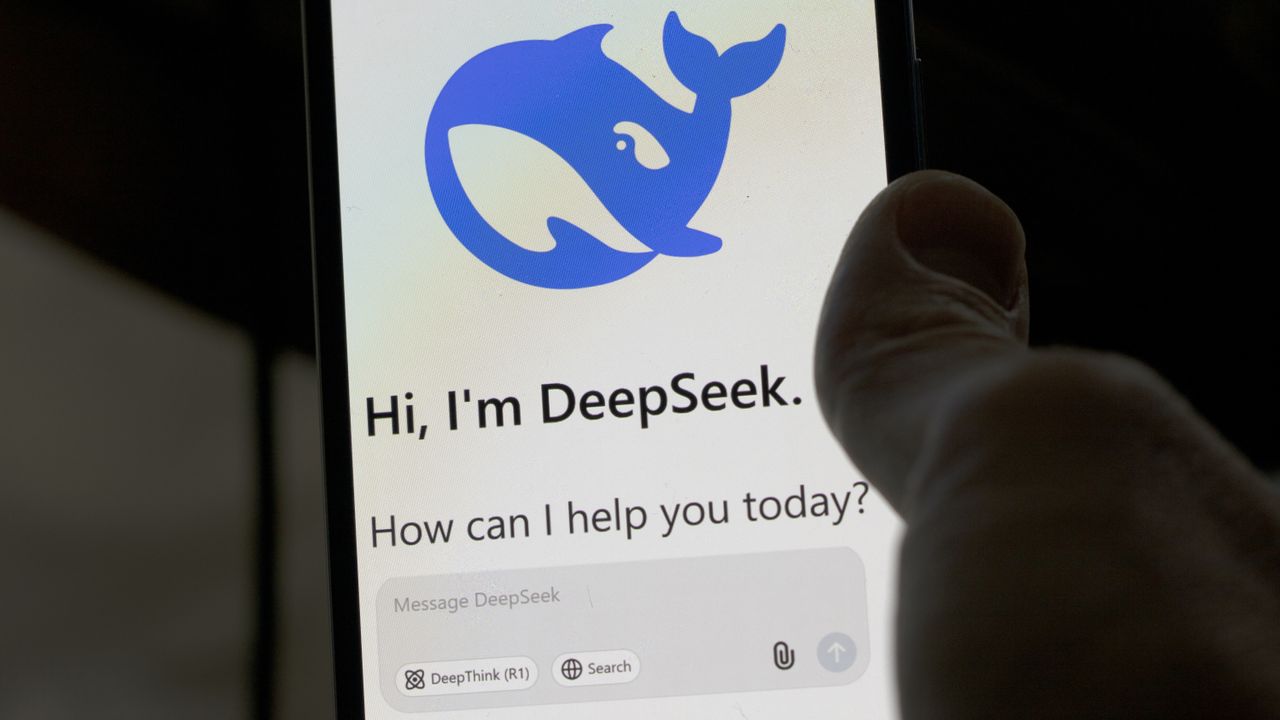It’s a figure so large it almost loses meaning: $500 billion. That is the staggering valuation OpenAI, the company behind the revolutionary ChatGPT, could soon command. The company is in discussions with investors for a deal that would allow its current and former employees to sell their privately held shares, a source familiar with the matter told Gizmodo.
This type of deal, known in financial jargon as a secondary sale or a tender offer, would more than double OpenAI’s recent $260 billion valuation, catapulting Sam Altman’s company into the same league as legacy tech titans like Costco. The news, first reported by The Information and Bloomberg, confirms the AI craze isn’t slowing down. But more importantly, it reveals OpenAI’s secret weapon in the brutal war for talent that is defining Silicon Valley.
For the company’s employees, it means a massive payday is coming. For its rivals, it’s a clear signal that OpenAI is willing to pay any price to keep its geniuses in-house.
OpenAI did not respond to a request for comment.
The Real Reason for the Half-Trillion Dollar Price Tag
To understand why a private company is suddenly worth half a trillion dollars, you have to look beyond its technology and focus on its people. The world of elite AI research is remarkably small, and companies like OpenAI, Google, and Meta are locked in a fierce battle to recruit and retain the few hundred minds capable of building the next generation of AI.
Recently, this talent war has intensified, with Meta aggressively poaching top AI researchers from OpenAI, reportedly offering salaries well into the millions. How can OpenAI compete with guaranteed multi-million dollar paychecks? By turning its employees’ stock options into real, life-altering wealth.
According to the source, OpenAI and potential investors, including Thrive Capital (founded by Josh Kushner, Jared Kushner’s brother), are discussing a deal that would let employees and alumni sell their stock. Based on past sales, many OpenAI staffers could pocket anywhere from $2 million to $10 million each, depending on their equity.
This is the power of “golden handcuffs.” An engineer might be tempted by a rival’s massive salary, but it’s much harder to walk away when your current company is allowing you to cash out millions while your remaining stock continues to skyrocket in value. The deal transforms “paper wealth” into a tangible fortune, creating a powerful incentive to stay and see how much higher the valuation can climb.
A War Chest for the Future
This financial maneuver comes as OpenAI is on a tear. The company’s annualized revenue has nearly doubled to $12 billion in just a few months, driven by the massive adoption of ChatGPT and its enterprise products. OpenAI also recently secured $8.3 billion in new investment commitments as part of a larger $40 billion funding round.
This massive influx of capital is a war chest. Investors are betting that OpenAI is poised for even bigger things, with the highly anticipated launch of GPT-5 expected in the coming weeks. A powerful new model could give it a decisive edge over its main rivals, including Google’s Gemini and Anthropic’s Claude.
This financial muscle will allow OpenAI to accelerate its research, acquire complementary technologies, and invest in the incredibly expensive computing power needed to train more advanced models. At a time when all major players are in a race to build Artificial General Intelligence (AGI)—AI systems smarter than humans—OpenAI now has the resources to lead the pack.
But such a high valuation also raises the stakes. OpenAI will be under immense pressure to deliver on the transformative potential its valuation implies, all while navigating the complex ethical and societal challenges that come with creating world-changing technology.
Our Take
This $500 billion figure confirms OpenAI is the undisputed face of the AI revolution. But it also raises a fundamental question. The company was founded as a non-profit dedicated to ensuring AI benefits all of humanity. Now, it operates as a hyper-capitalist rocket ship, fueled by venture capital and creating immense wealth for a select few.
Does the future of AI belong to investors chasing returns and the engineers cashing in, or is there still room for the original mission of building something for everyone? As OpenAI’s valuation soars into the stratosphere, that question becomes more urgent than ever.




